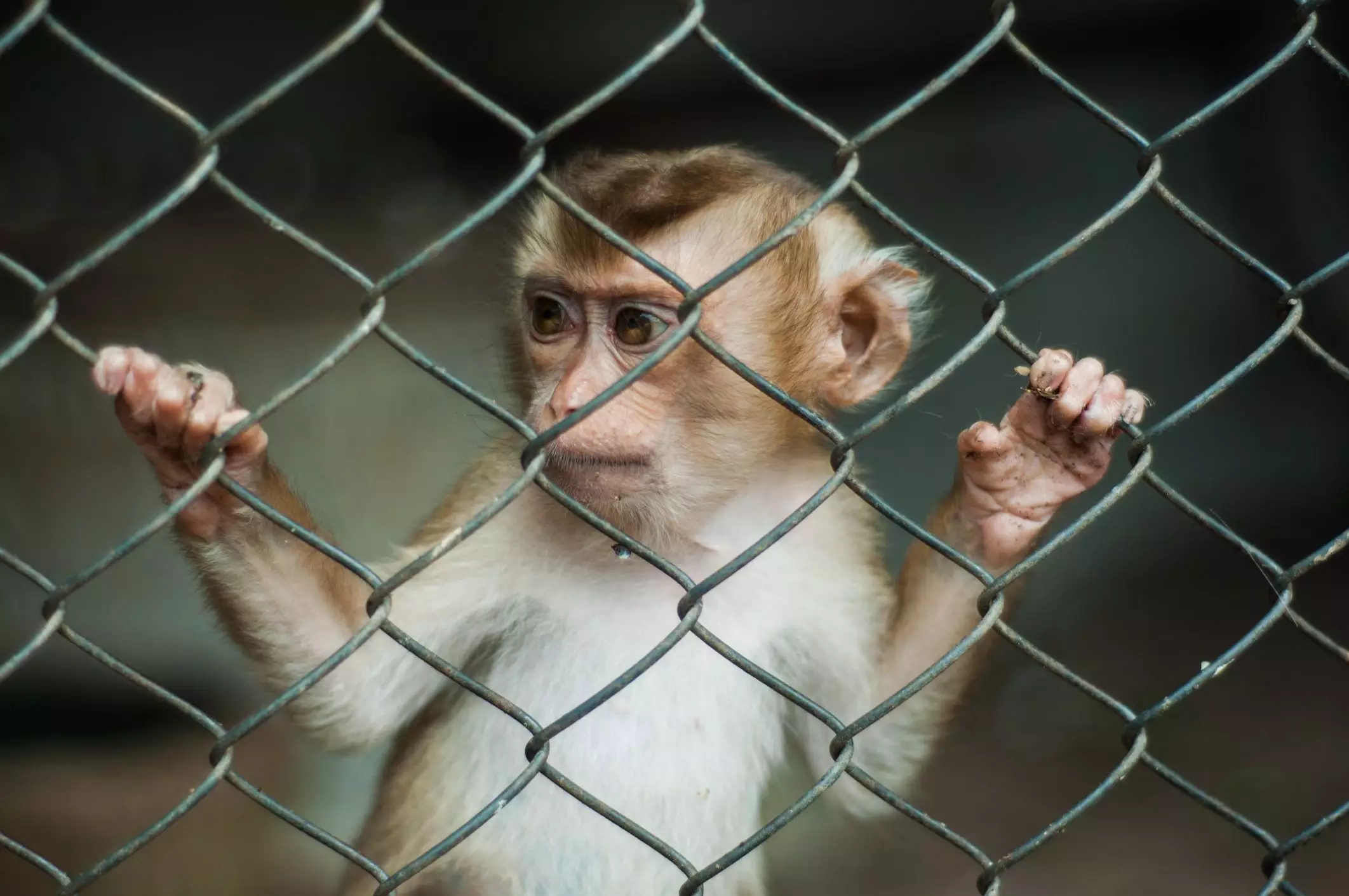The idea of having a monkey as a pet may evoke images of playful antics and irreplaceable companionship. However, the harsh reality is that the charm of a pet monkey often fades when faced with the true demands of their care. Here, we will explore the complexities and challenges associated with keeping a monkey, emphasizing the truths that both potential and existing owners must acknowledge.
Monkeys can live for two to four decades, presenting a significant long-term commitment that far surpasses traditional pets like dogs or cats. The initial allure of a baby monkey may overshadow the responsibilities of raising a fully grown primate. As monkeys mature, they exhibit behaviors that can be both unpredictable and challenging. Unlike dogs and children, who develop social skills over time, monkeys remain in a perpetual state of immaturity, often resembling toddlers with insatiable curiosity manifesting in mischievous manners. This immaturity can lead to behavioral issues that require constant attention, creating an unsustainable environment for many families.
Monkeys are inherently social creatures that thrive on interaction, not just with humans but also with other primates. Lack of social contacts can lead to severe behavioral problems, such as aggression and anxiety. For people balancing careers, families, and other commitments, the time and effort needed to fulfill a monkey’s social needs can be overwhelming. Moreover, introducing new people, whether spouses or children, can create stress for the monkey, who may react negatively to perceived intrusions in their established routine. This high maintenance is a crucial factor that potential owners often overlook.
The legal landscape surrounding pet monkeys is labyrinthine at best. Regulations differ widely, with some states permitting ownership while others outright ban it. Local laws can be equally stringent. Therefore, it is paramount for prospective owners to familiarise themselves with all applicable legal conditions, including obtaining necessary permits and adhering to housing inspections. Even if ownership is legal, insurance implications can complicate matters. Many standard homeowner policies exclude exotic pets, placing monetary burdens on owners who may be unprepared for veterinary bills or liability claims stemming from unpredictable behavior.
Monkeys also come with high financial costs, not just in purchase price but also in ongoing care. For instance, capuchin monkeys may cost between $5,000 and $7,000 while chimpanzees can run upwards of $50,000. These initial expenses are only the tip of the iceberg, as owners must prepare for lifelong dietary needs, veterinary costs, and specialized enrichment activities.
The health oversight required for pet monkeys can be both complex and critical. Monkeys are susceptible to various zoonotic diseases – illnesses that can transfer between animals and humans. Common ailments include Monkeypox and tuberculosis, which could have severe repercussions for humans. Furthermore, the challenge of finding a veterinarian familiar with primate care adds another layer of difficulty. Often, such specialists are few and far between, making regular health assessments a daunting task.
Additionally, many monkeys face chronic health issues if not fed a proper diet, leading to ailments like diabetes that necessitate continuous supervision and intervention. The nutritional realities of owning a monkey can therefore become burdensome, requiring significant knowledge and diligence.
It is crucial to acknowledge the wild instincts that remain intact within pet monkeys, despite their upbringing. The perception that these primates can adapt completely to a domestic setting is a dangerous myth. They do not just mimic the behavior of their human guardians; rather, they retain their wild impulses. This unpredictability can pose dangers to the owner and the community, especially as monkeys mature and undergo natural hormonal changes. Reports of bites and aggressive behavior are not rare, underscoring the risks associated with keeping them as pets.
Maintaining a pet monkey is not merely a whimsical choice; it is a commitment filled with potential hazards, both physically and psychologically. The nuanced and demanding realities of caring for a monkey far outweigh the fleeting moments of joy they may bring. For those seeking companionship, it is advisable to consider more suitable pets that align better with domestic living arrangements. The evidence is clear: monkeys may not be the pets we fantasize about, but rather creatures best appreciated in their natural habitat, not bound by the walls of human homes.

